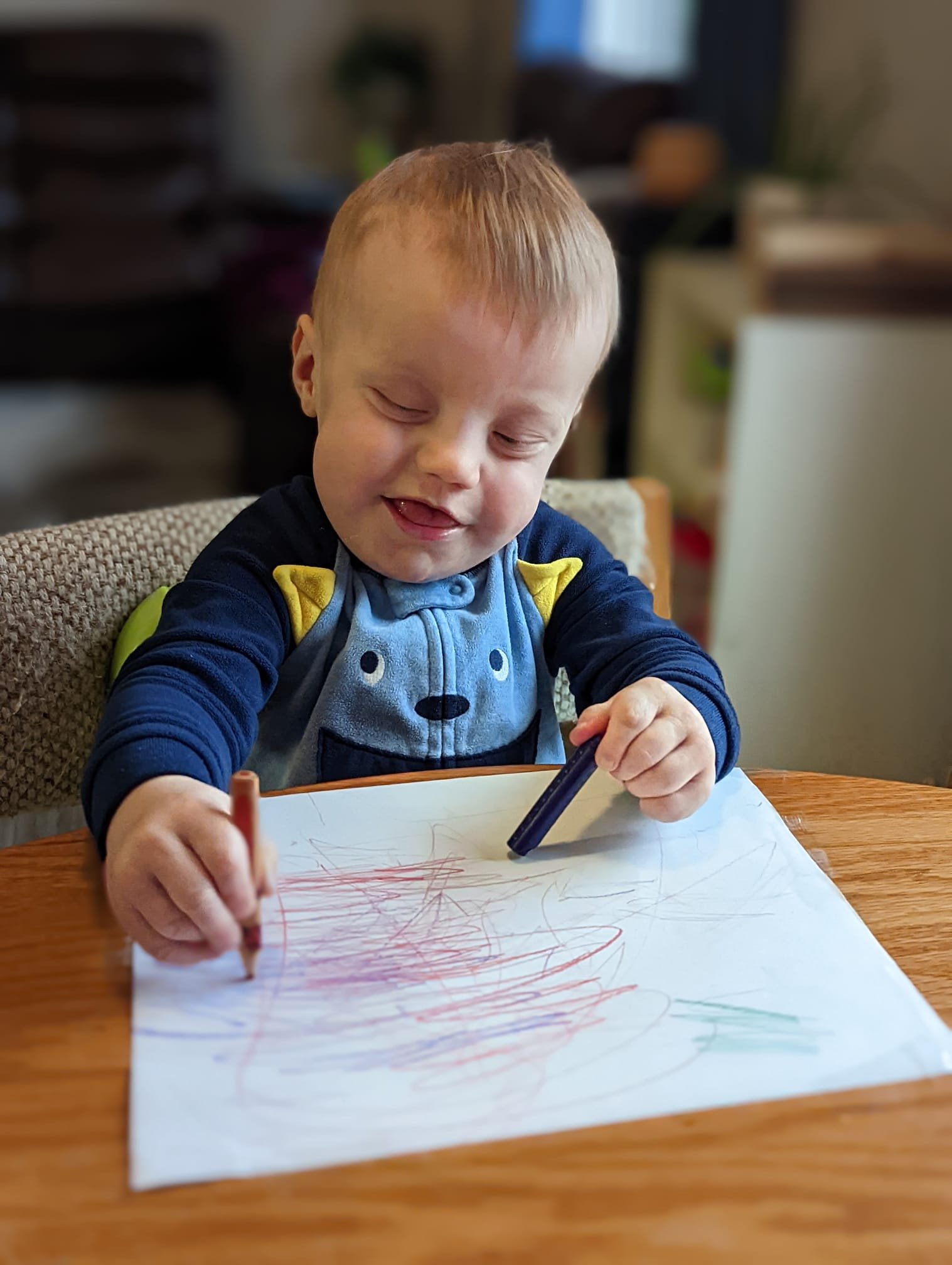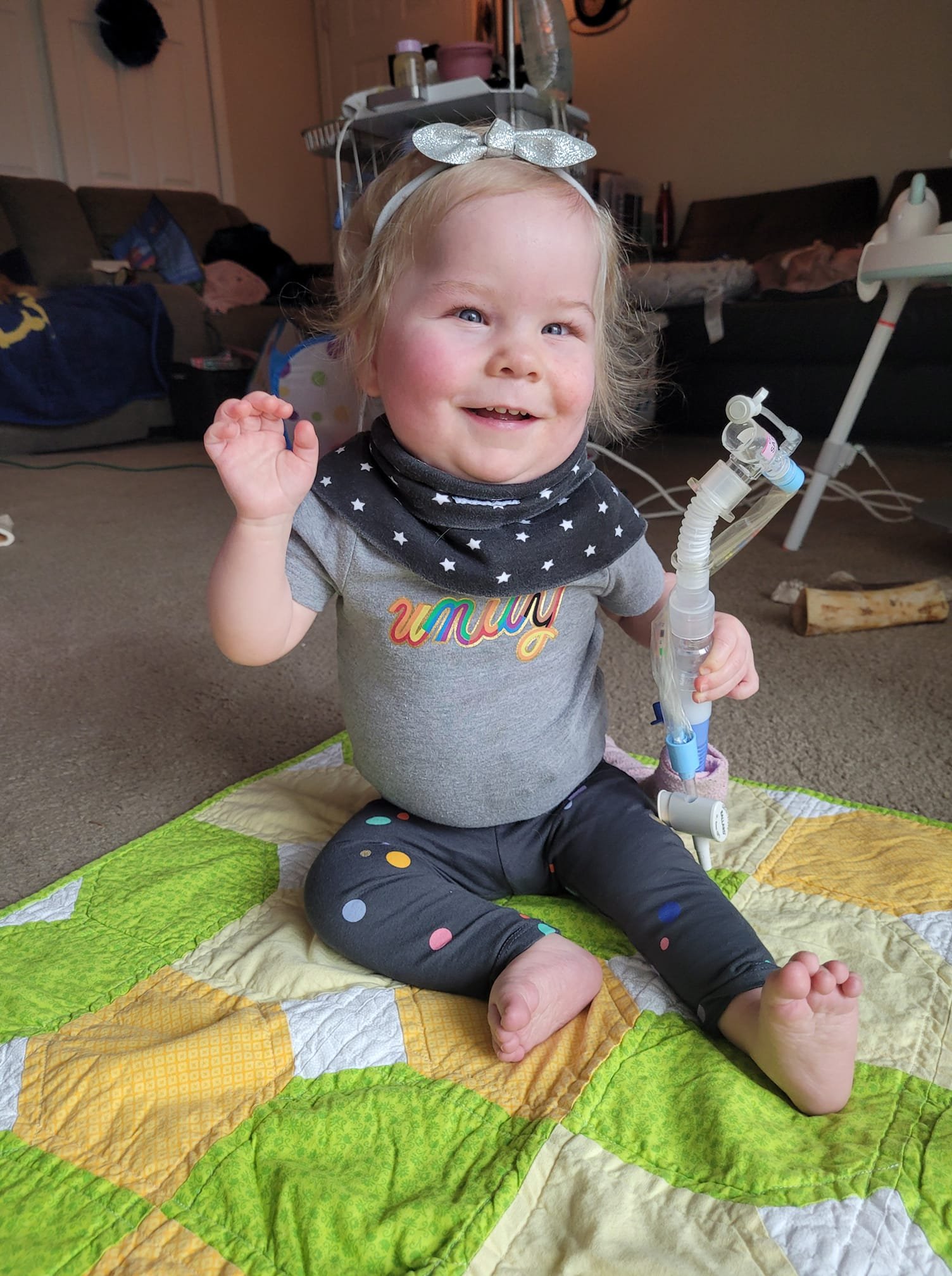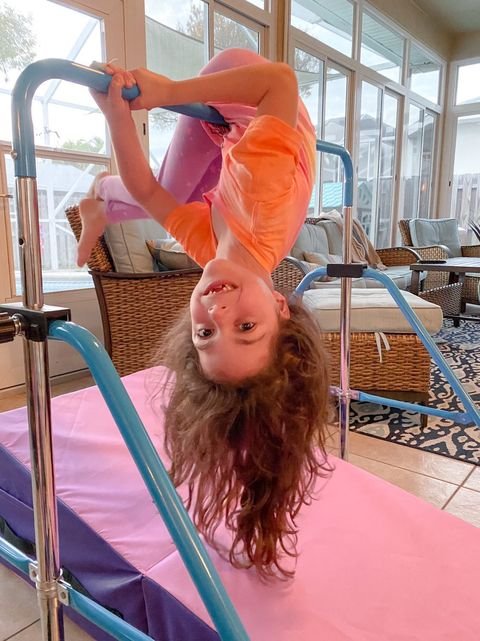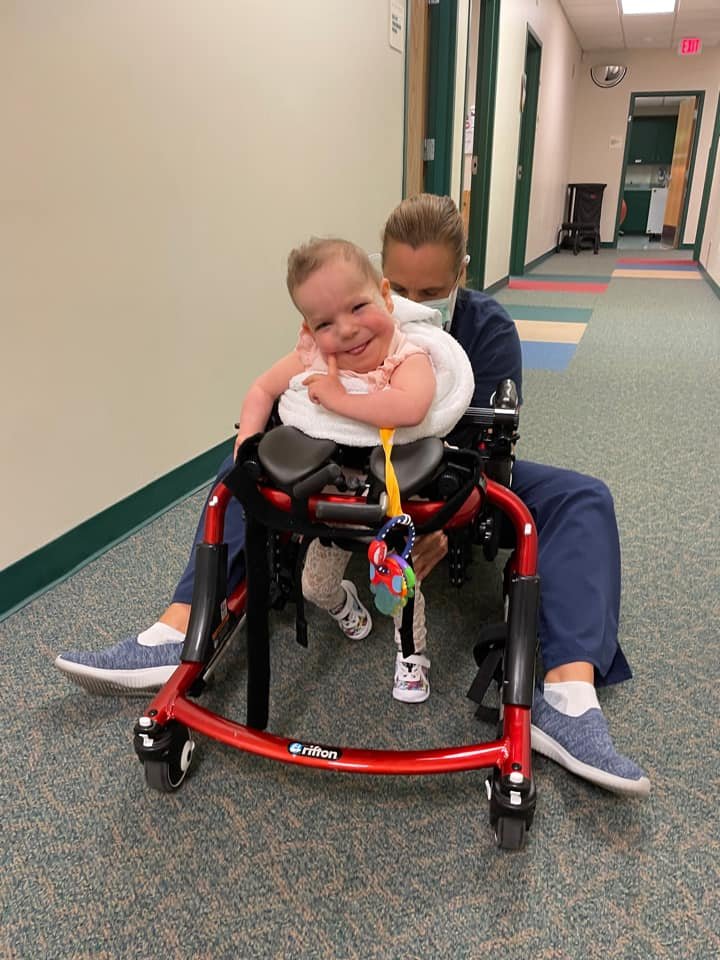A Guide to Therapies
Our Tiny Heroes are incredible in so many ways. They transcend the odds stacked against them at every turn, and as they grow and develop, there may be times when you want a little (or a lot of) extra help in aiding them to meet their milestones and continue to surpass expectations. Much of the time, this help can be found in the different kinds of outpatient therapies available. First and foremost, though, just remember that our CDH babies don't enter the world in a "normal" circumstance and, almost by default, will miss some of those very early baby experiences that kickstart development. This is true for NICU babies across the board. So, give yourself (and your baby) some grace if there are delays in some milestones or if they don't do things the same way you remember watching other kids do. Try to think of your CDHer as being on their own timeline and trust that they will meet their potential at their own pace.
There's a very good chance that you have had some experience seeing physical and occupational therapists as well as speech-language pathologists while still inpatient. They probably worked with your baby on stretches and movement, productive play, difficulty taking the bottle, and maybe even infant massage while in the hospital. If you are still inpatient or expecting a CDH baby, try to be present during these visits – you can learn a lot that will be useful at home as well. There are three main types of therapies commonly used by CDHers, and each has its own strategies for facilitating services.
Occupational Therapy (OT)
Occupational therapy sounds like something you would need as an adult on the job, but it actually supports a patient's ability to engage in everyday tasks. For babies, this can mean learning how to track objects with their eyes, reaching and grabbing toys, and bringing objects to their mouths. All of these skills are foundational for babies as they learn to communicate both socially and with their environment. Think of occupational therapy as the work of full participation in daily activities.
Physical Therapy (PT)
Physical therapy differs from OT in that it focuses more on how the body itself is working. Physical therapists will work with your child on muscle tone and strength, stretching and lengthening, balance, range of motion, and flexibility. As you might guess, PT and OT are often good friends for a reason – PT supports the body's development so that it can accomplish occupational tasks. NICU babies don't get to exercise as much as they would at home, so you might see a child that struggles with tummy time or head control or who holds their body very tensely. ECMO graduates often favor the side their head was turned throughout that time. These are the types of challenges that physical therapy helps with.
Speech and Feeding Therapy
You might wonder why the same professional, a speech-language pathologist (SLP), is likely to work with you on either speech or feeding (or both most likely), but the answer is deceptively simple: both of these tasks are all about the mouth. If your child experiences the feeding challenges so common to CDHers, an SLP can work with you and your baby on techniques for oral strength, dexterity, and oral and food aversions. As your child gets older, these services may naturally evolve to support early sounds and build the foundations for good vocalizations. For older toddlers and kids, SLPs can help with any kind of speech or language disorder.
There are other types of therapies that may come into play as your child gets older. But these three categories are the main ones Tiny Heroes tend to use in the early years.
Facilitating Services
How will you know if your child would benefit from services? There is a nearly endless list of signs to look for – missed or late milestones, differences or difficulties in how your child does things, and your own instincts as you observe your child.
If your baby received any therapy services while inpatient, this is a great reason to at least seek a therapy evaluation once you get home. When you have established care with your pediatrician at home, ask during each visit for your doctor's input on how your child is progressing on physical and social measures. They will be your primary gateway to getting services and understanding which ones may be helpful. Share with your doctor what actions you see at home or anything you are concerned you are not seeing. Remember that your baby may not show these skills or delays at the doctor's office as they are not in their comfort zone so behaviors will be slightly different.
Based on your conversations with your doctor, they will likely recommend a referral to either private therapy services through a medical office or other clinical setting or through a state early intervention program. Either way, both will be staffed with certified specialists. If you go the clinical route, this will work like any other referral to another specialist. If you decide on early intervention services, the process will vary by state, but generally, you will be assigned a case manager who will facilitate all steps in the process. Early intervention programs will, more often than not, be based in your home rather than an office setting. They will be free to low-cost depending on your family's income and whether or not you go through insurance. Any child with a suspected delay is entitled to services through these programs regardless of income. Each state has its own version of this program; here is the contact information for each one.
Once those referrals are underway, your child will likely undergo a comprehensive evaluation, including measures that you didn't even know of! This allows the therapy team to build a general baseline understanding of where your child is and what their needs are. Based on this evaluation, a plan for services will be established.
Keep in mind that our kids are dynamic beings, meaning that they could be a delay now but not later, or they might sail through all infant measures but end up a delayed walker or talker. Surgeries or injuries could cause a need to start or add services. You never know! When considering therapy services, think of them as dynamic as well – they will meet your child where they are and help them every step of the way.







